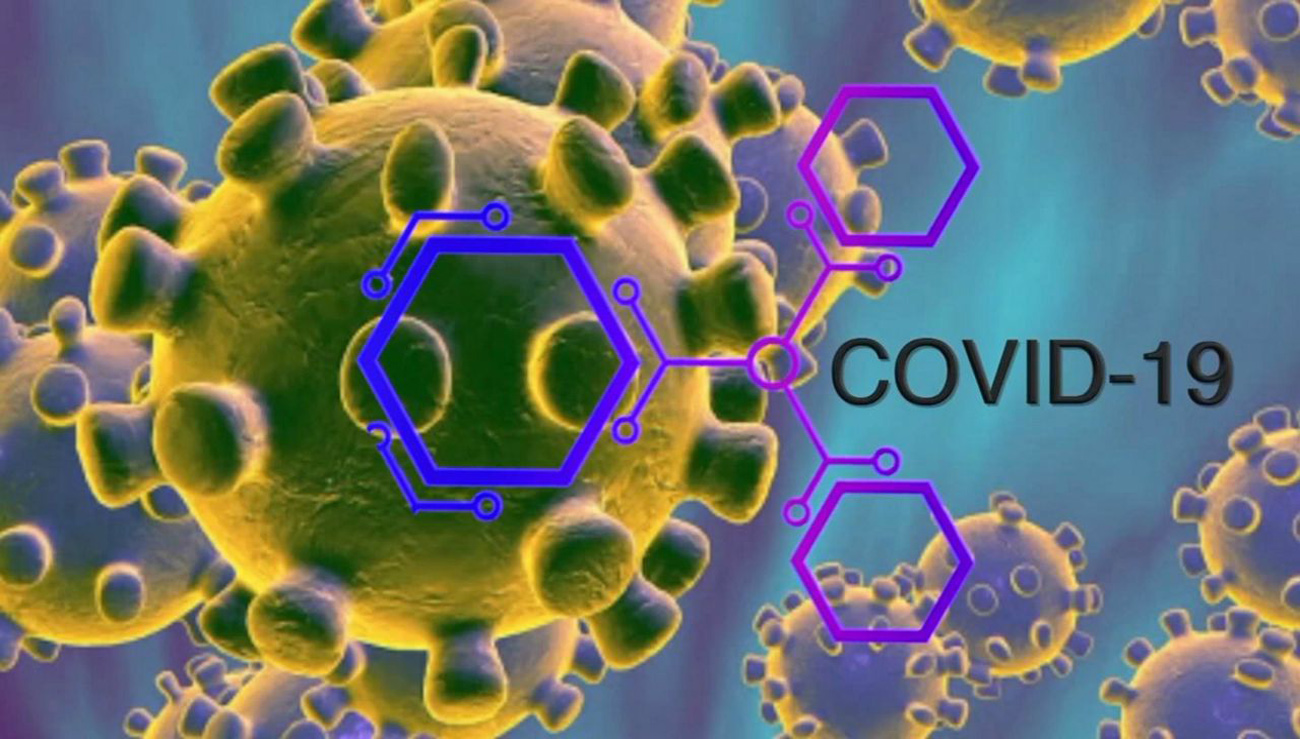
Accessibility of Water Among Scheduled Castes in Rural Punjab Issues and Challenges
Abstract:
Access and availability to safe drinking water is not only an important gauge of the socioeconomic status of the household but is also imperative to the health of its members. Efforts have made for high coverage of water in Punjab. In spite of huge progress, the rural water sector still continues to face major challenges. The problem is more acute among Scheduled Castes as only 78 per cent households had drinking water source within the premises in Punjab as per Census 2011. The main objective of the study is to analyses the status and problems of water accessibility among this marginalized section of the society. The present research is based on both Secondary and Primary sources of data collected from SC households in rural Mansa in Punjab. Empirical data was collected through intensive field work using the survey method. Multi-stage sampling technique was adopted. A sample of 200 Scheduled Caste households from 10 villages was selected for the study. The present research unveils that Scheduled castes families face threats to all three prerequisites of an individual’s right to water i.e. there is insufficient water availability, lack of access to water and danger due to water quality, making them easy prey to a number of diseases.
Author(s):
DOI:
Keywords:
References:
Census of India (2011). Percentage of Scheduled Caste/Scheduled Tribe Households to Total Households by Amenities and Assets, Punjab, Office of Registrar General and Census Commissioner, Government of India.
Census of India (2011). Tables on Houses, households Amenities and Assets for Scheduled Castes, India, series 1, Office of Registrar General and Census Commissioner, Government of India.
Census of India (2011). Population Totals, Paper 1, Series 4, Punjab, Office of Registrar General and Census Commissioner.
Government of India (2014). Water Quality Issues and Challenges in Punjab, Central Ground Water Board: Ministry of Water Resources, Government of India, March 2014
Hannah Johns (2012). Stigmatization of Dalits in Access to Water and Sanitation in India. It was submitted at the Human Rights Council in September 2012, NCDHR (http://www.ncdhr.org.in/key-activities/Stigmatization%20of%20dalits%20in%20access%20to%20water%20-%20sanitation.pdf/view)
Kapur. D, Ramisetty. M and Barot. N (2016). “Formative Research to Develop Appropriate Participatory Approaches towards Water, Sanitation and Hygiene in Rural Area,” Water Supply and Sanitation Collaborative Council (WSSCC), India Wash Forum.
Khurana I and Sen Romit (2009). Issues and approaches for drinking water quality in rural India: a background paper by Water Aid, available at (http://www.indiawaterportal.org/articles/issues-and-approachesdrinking-water-quality-rural-india-backgroundpaper-wateraid)
Singh B.P. (2008). In rural Punjab, drinking water is becoming a silent killer: study, live mint-e-paper at http://www.livemint.com/…/In-rural-Punjabdrinking-water-is-becoming-a-silent-killer.html
SoniJasyhree (2006). Water Accessibility and Marginalisation of Dalits: Some Observation of Rural Gujarat, Centre for Social Studies (CSS), Paper prepared for the workshop entitled ‘Water, Law and the Commons,’ Delhi from 8 to 10 December 2006 by the International Environmental Law Research Centre (IELRC).
Swaminathan M and Singh S (2004). Deprivation among Dalits remains high
(www.thehindu.com/news/national/Deprivation-among-Dalits…/article15511765.ece)
United Nations Information Service (2001). “Access to safe water fundamental human need, basic human right, says Secretary-General in Message on World Water Day” (March 13, 2001), available at http://www.unis.unvienna.org/unis/pressrels/2001/sgsm7738.html.
Water Aid India (2017). Drinking Water Quality in India, available at http://wateraidindia.in/wp-content/uploads/2017/11/State-of-Drinking-Water-Quality.pdf World Health Organization (2001).
Water for Health, taking Charge, Geneva available at http://who.int/water_sanitation_health/wwdreport1.pdf




